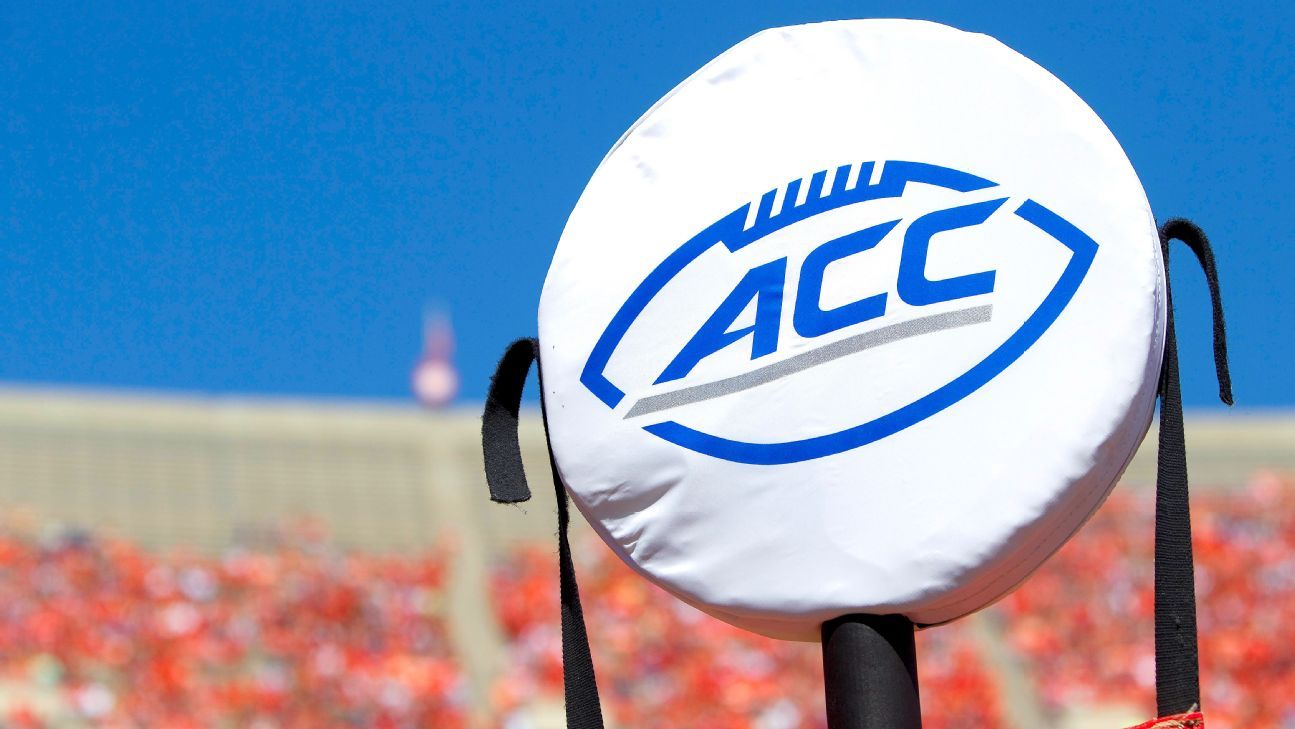University of Pittsburgh athletics director Heather Lyke asked the members of the Senate Judiciary Committee to prohibit betting on collegiate sports during a hearing Wednesday in Washington, D.C.
Lyke, who appeared remotely, testified that presidents of Atlantic Coast Conference schools unanimously oppose gambling on collegiate sports over concerns for the well-being of the student body, the athletes and potential threats to the integrity of competitions.
“We urge Congress to directly address gambling on intercollegiate athletics and prohibit it,” Lyke told the committee.
In 2018, the U.S. Supreme Court struck down the Professional and Amateur Sports Protection Act of 1992 (PASPA), the federal statute that had restricted regulated sports betting to primarily Nevada. Since the ruling, legal sportsbooks have opened in 18 states and the District of Columbia, with a handful more states prepping to launch sports betting.
Sen. Lindsey Graham (R-South Carolina), the chairman of the committee, agreed with Lyke and expressed concerns that people in the business of betting, compared to casual bettors, are a threat to influence outcomes of games for gambling purposes.
“I think there is a lot of betting that people in the office will fill out the sheet, but none of us are going to influence the outcome of a game because we’re putting 20 bucks in and you may win $200,” Graham said during the hearing. “I’m not saying that’s right, but that’s a different problem than people who are in the business of gaming, who really would make a lot if [a game] went one way or the other.”
Bill Miller, president and CEO of the American Gaming Association, also testified remotely and pointed to the billions of dollars that’s estimated to be wagered annually on college sports with offshore sportsbooks and local bookmakers, who are not licensed or regulated in the U.S.
“We realize some stakeholders remain concerned about bets betting placed on collegiate events – based primarily on the presumption that unpaid, amateur athletes are more at risk of being corrupted by those seeking to influence the outcome of sporting competitions,” Miller told the committee. “While that may indeed be the case, it is also perhaps the most compelling reason to apply strict regulatory oversight and that only comes from the legal market.”
The majority of the hearing was focused on name, image and likeness rights for collegiate athletes. Sports betting was the focus of the second panel. Sen. Richard Blumenthal (D-N.J.) asked Lyke if players were to receive compensation if they would be less tempted to be compromised in a match-fixing or point-shaving scandal.
“The reality is you can’t absolve people from financial temptation, but it may lessen it a bit,” Lyke said.
None of the new states that have authorized sports betting have adopted comprehensive prohibitions on wagering on collegiate sports. However, some states, including New Jersey and New York, do not allow their licensed sportsbooks to offer betting on games involving state universities and colleges or any collegiate event held inside the state.
“I think people don’t want to do this in their backyard,” Graham said.
In December 2018, Sen. Chuck Schumer (D-New York) and since-retired Sen. Orrin Hatch (R-Utah) introduced the Sports Wagering Integrity Monitoring Act. Betting on collegiate sports was authorized in the bill.
While acknowledging the Supreme Court ruling invalidating PASPA, Graham intimated that federal legislation prohibiting betting on college sports is still something to consider. While a member of the U.S. House of Representatives around 2000, Graham teamed with late Sen. John McCain in an attempt to stop Nevada from continuing to accept bets on collegiate sports. The gaming industry pushed back and eventually prevailed.
In 2019, upwards of $900 million is estimated to have been bet on college football with Nevada sportsbooks. The NCAA men’s basketball tournament normally attracts at least twice as much money compared to the amount bet on the Super Bowl in Nevada.
